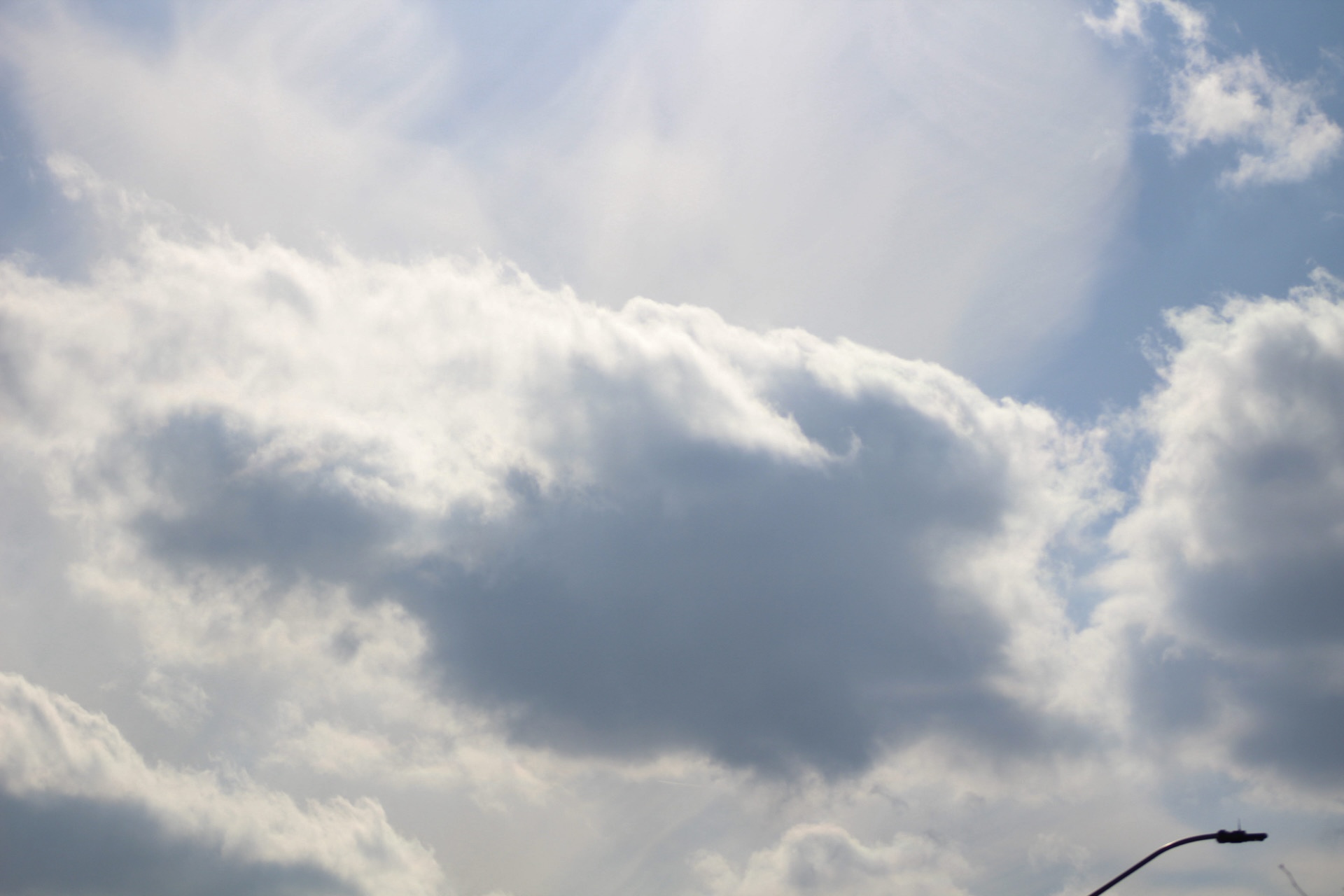The power of imagination
The transformative power of imagination and grit can ignite change and propel us toward a better future.
In today’s world, where people are often riddled with a sense of cynicism and hopelessness, being daring enough to dream of a better future can make all the difference. For generations, many people have convinced themselves and others that the world will never change, evidenced by popular phrasing such as “that is just the way the world works” and “suck it up and deal with it.” There is this misconception that we must adapt ourselves to fit into the workings of society and the world, like parts in a well-oiled machine. Those who believe this philosophy, however, are lacking something very important.
So, what is this secret weapon? Imagination. Although it may seem naïve, and pointless to many—often confused with “having your head in the clouds”—imagination is actually an extremely powerful tool. One that, when harnessed properly, has the potential to fuel change and action, bringing us closer to our goal of a better world.
Our hippocampus is the area of our brain that is associated with imagination and is also where our memories are partly stored. According to Rob Hopkins, the author of From What Is to What If: Unleashing the power of imagination to create the future we want, this is a plausible explanation as to why fantasizing about the future is just as evocative as when we recollect past events. He feels that tapping into our imagination is a powerful tool when it comes to driving positive change, as it offers people a positive vision to work toward—a concrete goal—which further breeds creativity and action.
Drawing from positive psychology, the discipline preaches just how influential optimism and envisioning a better future can be. Psychologist Angela Lee Duckworth informs us of the power of grit. Grit is passion and perseverance for attaining long-term goals. It is sticking with your future goals and working hard for years and years to make that future a reality.
In a research study where she drew from her experiences as a high school teacher, Duckworth observed firsthand how children who possessed resilience and determination, persevered and came out on top. She made the children fill out “grit questionnaires,” which consisted of a series of common questions, and then analyzed the results. This led her to discover that grit level was a more accurate indicator of who was most likely to graduate at the end of the year, even more so than family income, socioeconomic status, IQ, or achievement test scores. She conducted similar analyses elsewhere, not limiting herself to school settings, including environments such as traditional workplaces and construction companies. One characteristic that consistently predicted success across all these different environments was grit.
Gritty people possess a “growth mindset,” a term that was first coined by psychologist Carol Dweck at Stanford University. It is the belief that one’s ability to learn is not fixed or permanent, but fluid and ever-evolving, thereby encouraging children to continue to work hard and persevere no matter how much failure they experience.
Therefore, we can see how imagination and grit go hand-in-hand and propel us to work toward our goals and aspirations. Imagination enables us to not limit ourselves and to envision the best possible future for ourselves, while grit provides us with the perseverance and determination required to turn our dreams into reality. If we learn how to properly utilize grit and imagination, we will have a better chance of overcoming obstacles and innovating. All of this will allow us to tap into our true potential, and ultimately, let us build a better life, and a better world, for ourselves and others.

